6. War of the Worlds (1953)
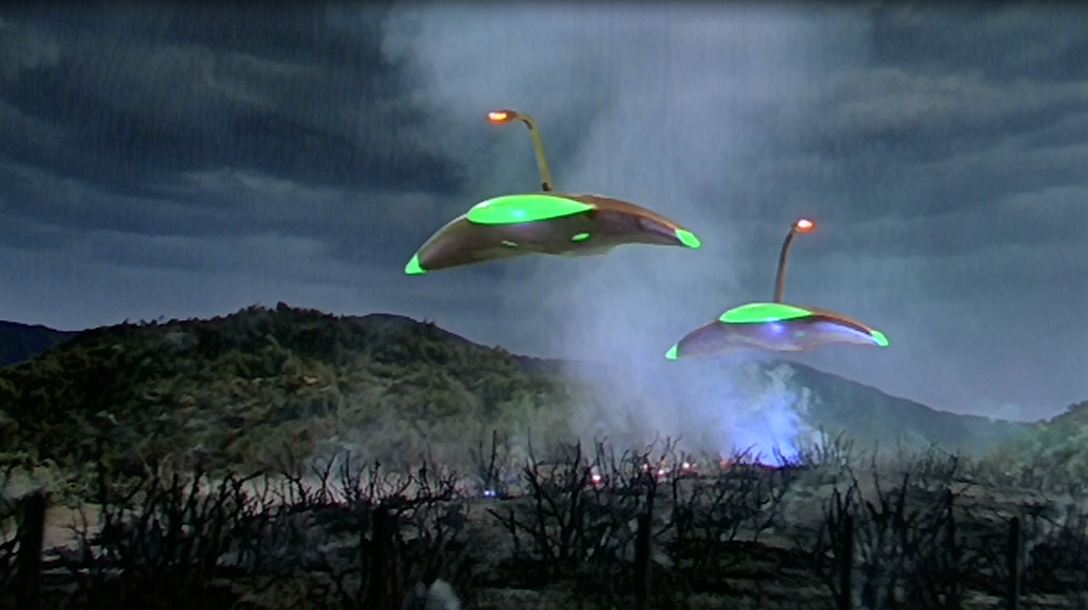
When Spielberg was making his version of War of the Worlds, he did not think comparison with the 1953 original was warranted. He went as far to call the film “corny” in some respects, which may leave you to believe he does not have a lot of respect for the film. But that is not the case. War of the Worlds even landed at the No. 6 spot when Spielberg revealed his twenty favorite movies of all time. It is likely his relationship with the film is complicated. As he noted, the film does have an awkward feel to it that runs through an overwhelming number of sci-fi movies of the 1950s (see also Forbidden Planet and The Blob). And Spielberg thought his own version of the movie was more faithful to H.G. Wells work than the original movie adaptation.
Still, despite all of this, it is apparent why Spielberg can love a film like this. Firstly, he is simply drawn to the story itself and his multiple attempts at capturing what a first encounter might look like just makes him magnetically attracted to a story like this. Furthermore, War of the Worlds is a balancing act of spectacle and tension, with Spielberg saying it created a “tremendous sense of tension and dread.” And just like how Spielberg likes to focus on certain themes, he likes to extract certain emotions as well. War of the Worlds largely goes for what the director himself goes for, a mix of awe-inspiring spectacle but also nerve-rattling tension. It would be interesting to hear Spielberg’s full analysis of the movie, but he obviously has a certain affinity for the work.
7. Guardians of the Galaxy (2014)
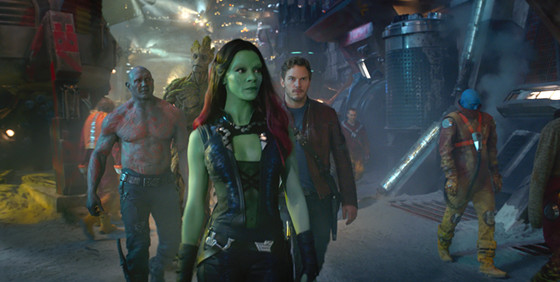
The superhero film that most impressed Steven Spielberg. Spielberg said he left Guardians feeling he “experienced something new, free of cynicism and without concern for being gritty when necessary” He could not articulate why he would like Guardians more expertly. It is easy to take 2014’s MCU films for granted when more experienced cinephiles have grown so weary of Marvel’s product. But back in 2014, Guardians was something special. It was a space opera like we had not seen before
. Its cast of characters was such a motley crew. It prioritized charm and laughs above all else, using an all-time soundtrack to bring levity to a story that dealt with galaxy-ruining consequences. Guardians is free from the pessimism of Spielberg’s favorite dystopias. It employs the same hope and innocence that has made Spielberg one of the richest people in Hollywood, and impressively made the world fall in love with heroes they had never heard of before.
8. The Iron Giant (1999)
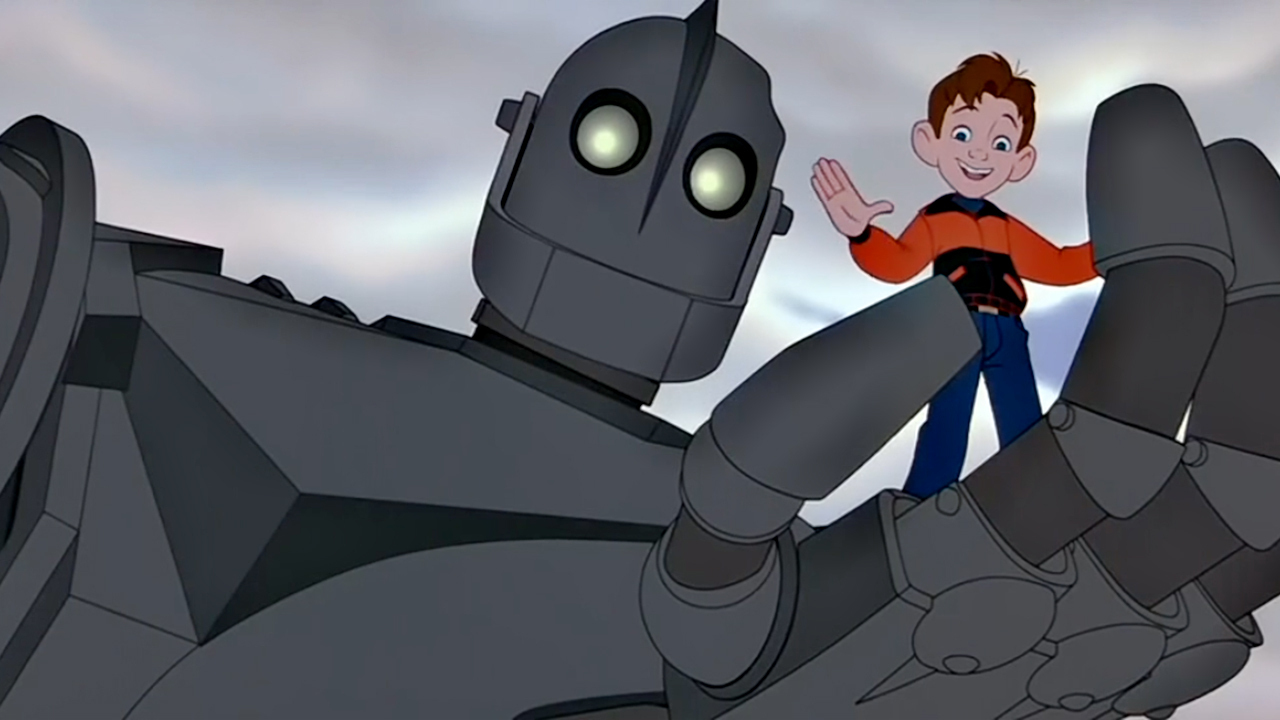
More than any other film on the list, Spielberg has complimented The Iron Giant in roundabout ways. Most of this came from him expressing his excitement over using the beloved character in Ready Player One and his appreciation for the character itself. It finds itself on this list not only because Spielberg as a warm albeit somewhat muted like for the 1999 animated film. But more importantly because of the parallels it has with Spielberg’s own movies.
Why would Spielberg love The Iron Giant even more than he lets off? Because it’s ET. It is a story of a good-hearted creature from another planet bringing joy to a sad kid’s life, until big government tries to take it away. The Iron Giant’s animated beauty and anti-violence rhetoric is enough to make it distinct from ET, but the story structure is the same. It is the story of something beyond being kind, and naturally good showing a kid how he can be better in spite of the cruddy world around him. That is why Spielberg’s feelings on the film are likely even more profound than even he admits.
9. Godzilla (1954)
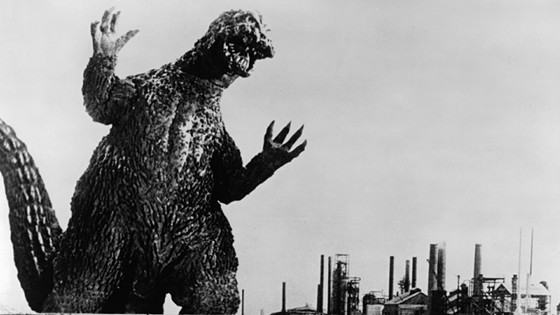
Godzilla is yet another classic movie Spielberg favors, calling it “the most masterful of all dinosaur movies because it made you believe it was really happening.” Godzilla’s primary identity as a horror movie initially makes it seem closer to Jaws than anything else in Spielberg’s filmography. And that may be true. Godzilla’s success is attributable to a team who took primitive special effect techniques by today’s standards and made a monster still able to be genuinely frightening, not unlike what Spielberg and his team had to do in 1975.
But when you start to compare Godzilla to Jurassic Park, Spielberg’s respect for the film becomes all the more obvious. You see the storyteller in Spielberg, not just the technical wizard. Yes, the effects of Godzilla were remarkable, but it was the panic of the characters, the way the music and destruction blended together to create a tone of dread that made the film soar. Spielberg’s own Jurassic Park does not just feel genuine because of its clever blending of special effect methods but because of the real characters and emotions present in a world that feels like our own. Godzilla may not be a direct precursor to Jurassic Park, but the philosophy employed in the filmmaking feels very similar to what Spielberg would carry on decades later.
10. Mad Max 2: The Road Warrior (1981)
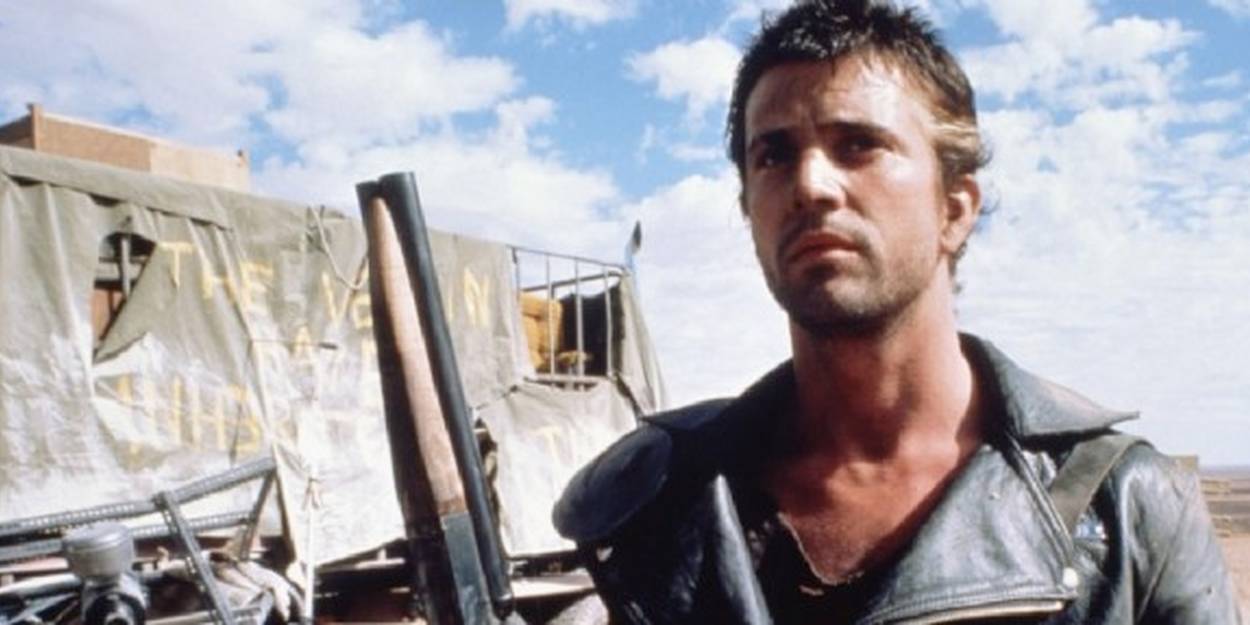
Out of any on the list, Spielberg’s opinions on The Road Warrior are the hardest to find. They appear in hushed tones and are much less open than his love for 2001. But no one needs to hear that he likes obvious selections like Back to The Future and some James Cameron films. Just as important, it is known that Spielberg selected Miller for Twilight Zone: The Movie after seeing his work in Mad Max 2.
Ironic, since the movie was competing with Raiders of the Lost Ark at the 1981 box office and had an iconic chase sequence. Spielberg has not showered Mad Max 2 with praise, but he was impressed with what Miller put on the screen. And no wonder. Spielberg loves his intricate set pieces and Miller has more or less made a career of having a brooding protagonist shoot his way through a wasteland in moving automobiles. Simple as that. Miller was right there with Spielberg as an action director in the 1980s. It is only natural for Spielberg to like such a talented contemporary.